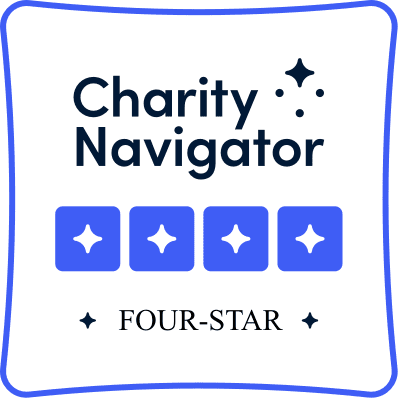Healing The Wounds – At Project Common Bond, Young Victims of Violence Create International Support Network to Cope with Losses
Newbury- They are the most unlikely of friends. Dubhaltach Mulvenna’s family is Catholic and supports a united Ireland; Davina Whiteside’s is Protestant and favors continued British rule in Northern Ireland. Both Mulvenna and Whiteside lost a loved one– he an uncle, she her grandfather– in the decades-long sectarian violence that convulsed that region. Their families taught them to never trust anyone who identified themselves with the opposing group.
But the two now consider themselves best friends after participating in Project Common Bond, a nine-day camp this month at the Governor’s Academy that helps young adults from all over the world cope with acts of violence and creates a support network to help them heal.
Campers participate in community-building activities and talk about their experiences as a way to teach one another tolerance and understanding. The camp uses a curriculum, developed by Harvard, that stresses mediation and conflict resolution. “I learned there is wrong and right on both sides,” Whiteside, 19, said as the camp was winding down. “For all the differences that we have, there is a major commonality: We were both innocent victims.” As he watched his fellow campers compete in a foot race in a large green field at the academy, Mulvenna, also 19, said, “Everyone here understands each other, and it makes us all strive for peace because of our past. We don’t want other people to have to go experience what we have. We want it to stop at us.” Tuesday’s Children, a non-profit organization that aids victims of 9/11, created Project Common Bond in 2008. This year, the program brought together 74 students from such places as Israel, the Palestinian territories, Sri Lanka, and Russia.
Several of the participants this year lost a parent in the 9/11 attacks. Robert Mathai’s father was in the World Trade Center when it was hit. The 19-year-old said that the program has taught him that getting angry with people who killed a loved one is not only the wrong response, it is also the easiest one. “The hard thing is to realize the person that did it was wrong, but you can’t hold them culpable because they were taught something incorrect,” said Mathai, of Arlington. “You have to realize that killing someone else and going for revenge will not make you any happier, and it will not make the world a better place. You have to transcend all of hatred, so you can work with other people.”
The program, held in Massachusetts for the first time, has taken place in three different locations: Belfast; Bryn Mawr, Pa.; and outside Washington, D.C. Participants, ages 15 to 20, must have lost an immediate family member through an act of terrorism or political violence, program officials said. Project Common Bond reaches out to victim-advocacy groups in various countries to help identify young people who could benefit from the program.


